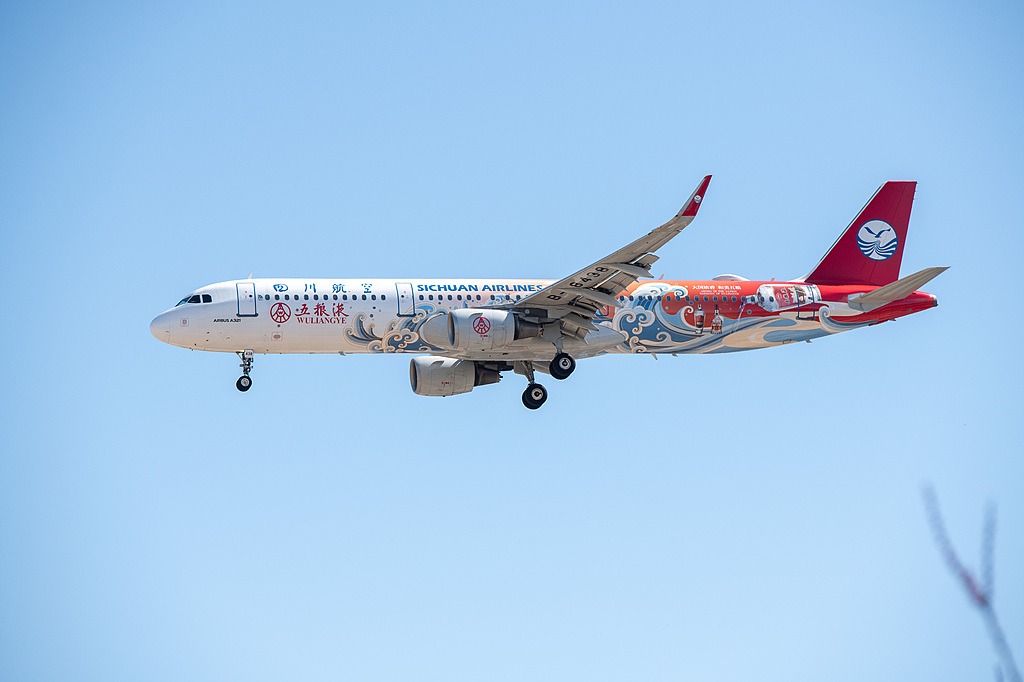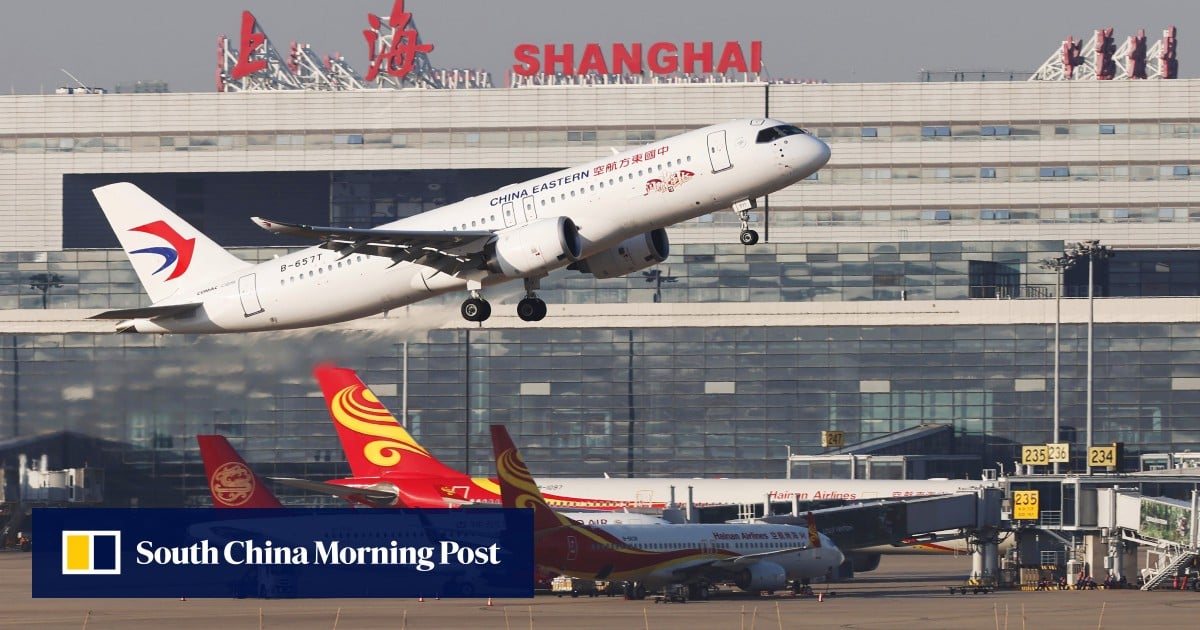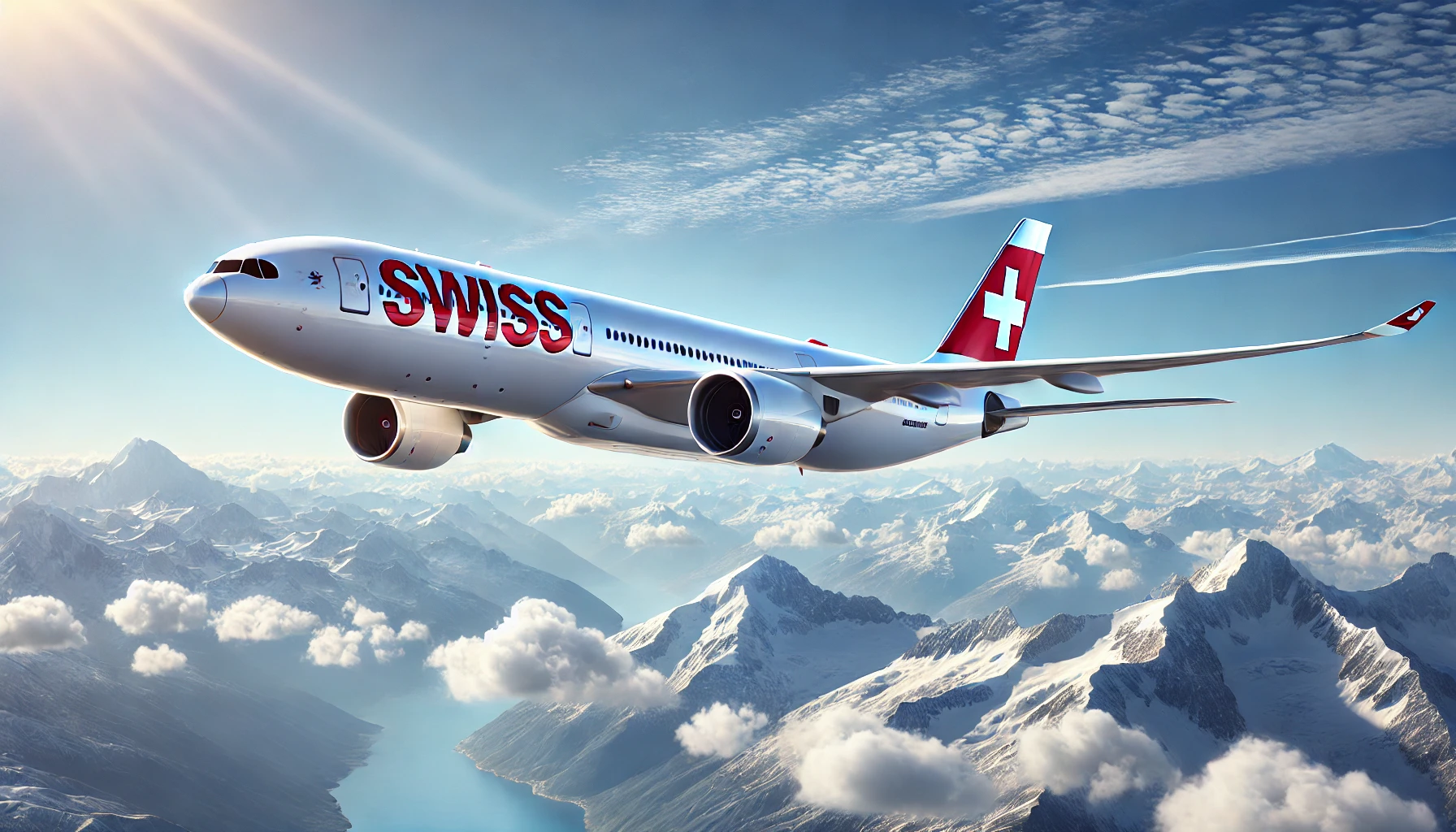US Economic Influence Drives Indonesia's Decision To Renew Boeing-Garuda Partnership, Marking A New Chapter In Aviation Cooperation - Travel And Tour World
Wednesday, May 21, 2025

As Indonesia intensifies its efforts to bolster economic ties with the US amid ongoing trade negotiations, the nation’s sovereign wealth fund, Danantara, has reignited discussions with Boeing Co. over a long-delayed aircraft deal with Garuda Indonesia. This revived partnership comes at a crucial moment, with Garuda aiming to expand its fleet and modernize its operations to meet increasing demand in both domestic and international markets. Despite challenges faced by Boeing, including quality control issues, Garuda remains committed to strengthening its position in Southeast Asia’s competitive aviation sector, selecting Boeing and Airbus aircraft for its fleet expansion.
Indonesia’s sovereign wealth fund, Danantara, has reignited talks with Boeing Co. regarding a long-awaited partnership that involves aircraft deals with Garuda Indonesia, the country’s state-owned airline.
This move comes at a critical juncture as Indonesia seeks to bolster its economic relations with the United States amid ongoing trade negotiations.
While Danantara’s head, Roeslani, refrained from providing specific details about the past agreement, the discussions reflect the continued desire of both parties to forge a strategic partnership. The collaboration was originally set to take place several years ago but was delayed when the global aviation industry faced a significant downturn during the COVID-19 pandemic. The airline industry was one of the hardest hit sectors globally, and travel restrictions, grounded flights, and declining passenger numbers led to widespread disruptions. As a result, plans for aircraft orders and partnerships that had been on the table for years were put on hold as companies sought to navigate the financial fallout from the crisis.
The renewed focus on finalizing the deal between Garuda Indonesia and Boeing is seen as a strategic move for both sides. For Garuda, which is Indonesia’s national carrier, the partnership with Boeing represents a crucial element of its broader fleet expansion strategy. Despite the ongoing challenges Boeing has faced in terms of quality control issues, Garuda remains determined to modernize and expand its fleet in line with its long-term growth objectives.
At the same time, Indonesia is seeking to strengthen its economic relationships with key global partners, particularly the US. The talks with Boeing, one of the largest aircraft manufacturers in the world, are part of a broader effort by Indonesia to increase its engagement with the US across various sectors. The US has been a significant trade partner for Indonesia, and by solidifying agreements in sectors like aviation, both countries stand to benefit economically.
As of October 2024, Garuda Indonesia operated a fleet of 56 aircraft, with its low-cost subsidiary, Citilink, managing an additional 40 aircraft, bringing the total fleet size to 96. While this number represents a solid operational base, Garuda’s leadership has been pushing to expand the fleet further, with plans to add between 15 to 20 more aircraft in the coming year. The goal is to increase the airline’s fleet to 100 by the end of 2024, underscoring the carrier’s ambitious approach to growth and its recovery from the pandemic’s economic impact.
To reach this objective, Garuda is not only expanding its fleet with new aircraft but is also enhancing the efficiency of its current fleet configuration.
The airline is moving toward a more streamlined operation by standardizing its aircraft types, which will help reduce operational complexity and improve overall efficiency. Garuda has made the strategic decision to streamline its fleet by selecting three core aircraft models: the Boeing 737-800NG for domestic and regional short-haul routes, the Airbus A330 for mid-range operations, and the Boeing 777-300ER for long-haul international services. This approach allows the airline to optimize its operations and enhance fleet efficiency.
for short-haul routes, the Airbus A330 for medium-haul flights, and the Boeing 777-300ER for long-haul international services.
This standardization effort is part of a broader trend in the aviation industry, where airlines are increasingly looking to simplify their operations by reducing the number of different aircraft types in their fleets. By using a smaller number of aircraft models, airlines can achieve cost savings in terms of maintenance, training, and fleet management. It also allows airlines to more effectively deploy aircraft based on route demands, ensuring that they are operating the most efficient aircraft for each flight.
The Boeing 737-800NG, for example, is well-suited for short-haul routes due to its fuel efficiency and range. Garuda has focused on this model for its domestic and regional flights, as it offers the ideal balance between operating costs and passenger capacity. For medium-haul routes, the airline has selected the Airbus A330, a wide-body aircraft that offers greater comfort for passengers on flights of longer durations while still being fuel-efficient. Meanwhile, the Boeing 777-300ER is a long-haul powerhouse, ideal for international flights where passenger capacity and fuel efficiency are critical to the airline’s operational success.
Despite the setbacks and challenges Boeing has faced in recent years, including ongoing issues related to quality control and delays in production, Garuda remains optimistic about the potential of its partnership with the US-based aerospace giant. The renewed talks with Boeing are a sign that Garuda is confident in the aircraft manufacturer’s ability to meet its requirements, even as Boeing works to address these concerns. Boeing has been working to resolve its quality issues by enhancing production processes and ensuring that aircraft delivered to airlines meet the highest standards of safety and reliability.
Amid ongoing US-Indonesia trade talks, Indonesia’s sovereign wealth fund, Danantara, is reviving discussions with Boeing Co. to finalize a long-awaited aircraft deal with Garuda Indonesia, as the airline moves forward with its fleet expansion plans.
In conclusion, the revival of discussions between Danantara and Boeing signals a renewed commitment to strengthening Indonesia’s aviation sector. By working to finalize the aircraft deal with Garuda, Indonesia is positioning itself to be a more prominent player in the global aviation industry while reinforcing its economic ties with the US. As Garuda continues its fleet expansion and modernization efforts, the airline is taking strategic steps to ensure that it remains competitive in an increasingly complex and dynamic aviation market. With a focus on operational efficiency, fleet standardization, and collaboration with leading industry players like Boeing, Garuda is well on its way to achieving its ambitious growth targets and playing a key role in Indonesia’s aviation future.









